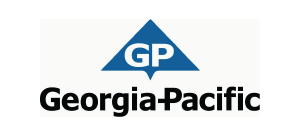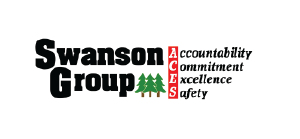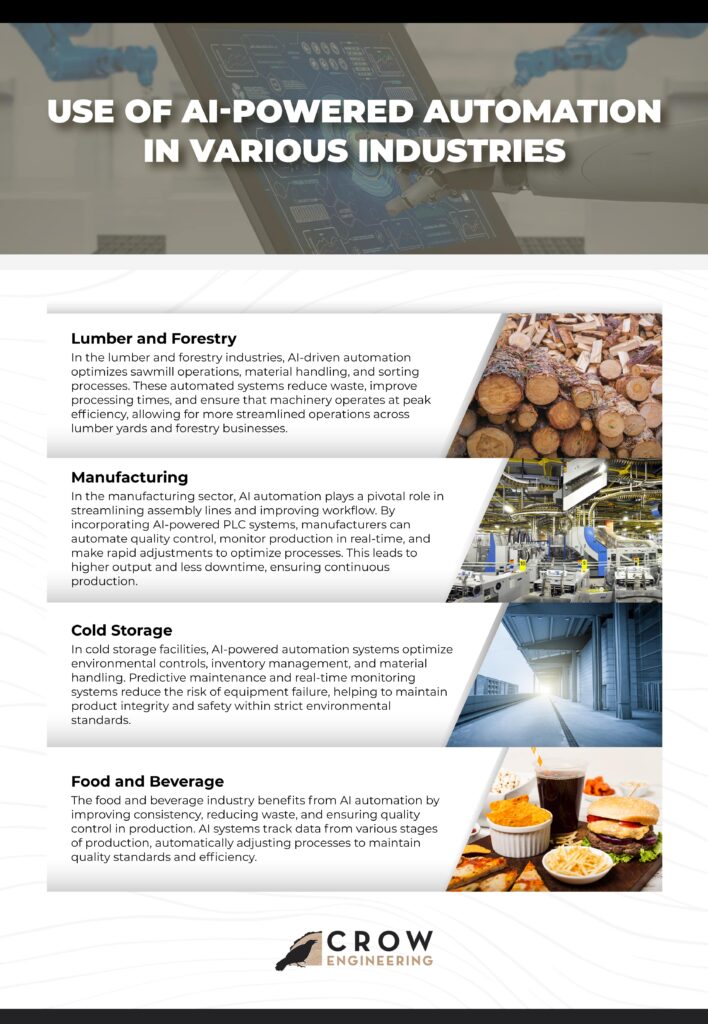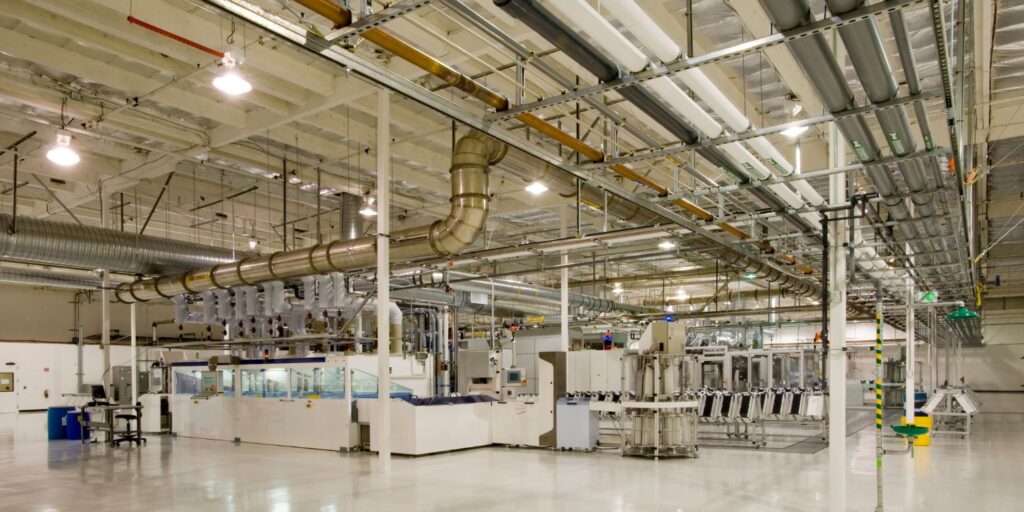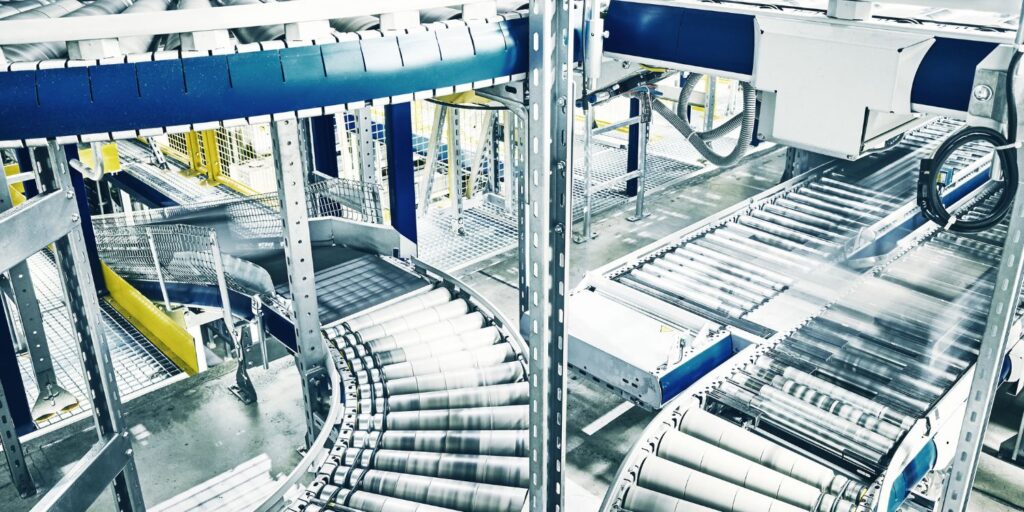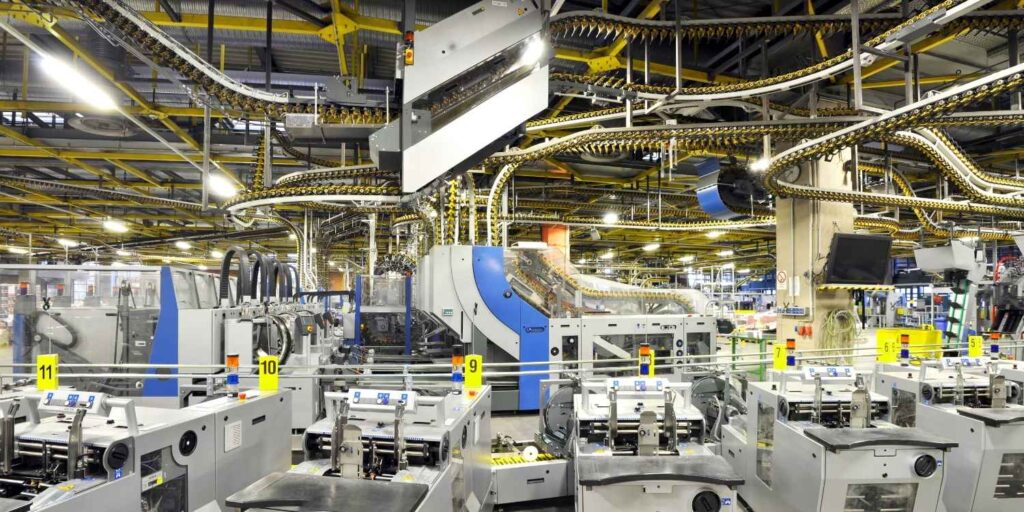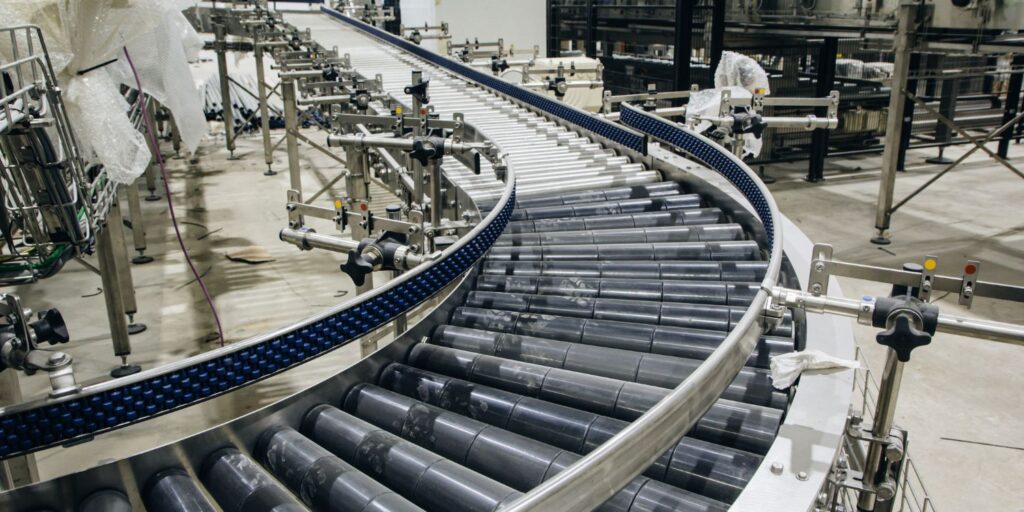A capital improvement plan (CIP) is a strategic framework that details long-term investments in physical infrastructure and facilities to support the growth, maintenance, and enhancement of a business or organization. It acts as an essential tool for planning and managing capital projects over an extended period, ensuring that resources are allocated efficiently and effectively to meet future needs.
Key Components of a Capital Improvement Plan
- Project Identification: A CIP begins with identifying potential capital improvement projects that require significant investment. This can include the construction of new facilities, major renovations, equipment upgrades, and infrastructure improvements. Projects are often prioritized based on factors such as urgency, expected impact, and available funding.
- Feasibility Studies: Before committing to a project, feasibility studies are conducted to evaluate its viability. These studies assess technical, economic, and environmental factors to ensure that the project is practical and beneficial. This step helps in making informed decisions about which projects to pursue.
- Budgeting and Financial Planning: A critical aspect of a CIP is developing a detailed budget that includes capital cost estimates for each project. This involves calculating the total capital expenditure required, as well as identifying potential funding sources such as internal reserves, loans, grants, or bonds. Accurate budgeting ensures that the organization can secure the necessary financial resources.
- Scheduling and Phasing: Projects are scheduled over a specific timeframe, whether looking at short term or long term improvements. This scheduling considers the availability of funds, the organization’s capacity to manage multiple projects simultaneously, and the need to minimize disruptions to ongoing operations. Phasing larger projects over several years can make them more manageable.
- Approval and Implementation: Once the CIP is developed, it typically undergoes a review and approval process. This may involve input from various stakeholders, including management, financial advisors, and regulatory bodies. Upon approval, the plan is implemented, and projects are executed according to the established schedule and budget.
Applications of a Capital Improvement Plan
- Infrastructure Development: CIPs are essential for planning large-scale infrastructure projects such as road construction, utility upgrades, and public facility improvements. These plans ensure that infrastructure keeps pace with growth and meets the community’s needs.
- Facility Management: For organizations with extensive facilities, a CIP helps in planning renovations, expansions, and maintenance. This is crucial for sectors like education, healthcare, and manufacturing, where facility conditions directly impact service delivery and operational efficiency.
- Equipment and Technology Upgrades: In industries such as manufacturing and technology, CIPs support the strategic upgrading of equipment and systems. This ensures that operations remain competitive and efficient, and that the latest technologies are integrated to improve productivity.
Who Benefits from a Capital Improvement Plan?
- Municipalities and Governments: Local governments use CIPs to plan and fund public works projects, ensuring sustainable community development and efficient use of taxpayer dollars.
- Educational Institutions: Schools and universities implement CIPs to manage campus facilities, including building new classrooms, renovating existing structures, and upgrading technology infrastructure.
- Healthcare Providers: Hospitals and healthcare systems rely on CIPs to plan for expansions, new medical facilities, and the integration of advanced medical technologies.
- Private Businesses: Corporations in various industries, including manufacturing, retail, and logistics, use CIPs to plan for capital investments that enhance their operational capacity and market competitiveness.
Why Choose Crow Engineering for Capital Improvement Planning?
Crow Engineering excels in providing comprehensive capital improvement planning services tailored to the unique needs of various industries. Our expertise in strategic planning, design, and engineering ensures that every project we undertake meets and exceeds our clients’ expectations. We are committed to helping businesses optimize their operations through meticulous planning and cutting-edge engineering solutions.
By investing in modern machinery, equipment upgrades, and automated systems, businesses can streamline their processes, reduce downtime, and create a safer working environment for their employees. Capital improvement projects are particularly crucial in industries such as lumber yards, forestry, and manufacturing, where operational efficiency directly impacts productivity and profitability.
Crow Engineering offers expert capital improvement planning services tailored to enhance operational efficiency, safety, and sustainability. Our team of experienced engineers is ready to support your business with comprehensive planning, machinery upgrades, and advanced automation solutions. Contact us today to learn more about how our capital improvement planning can benefit your operations.
Who are we?
Crow Engineering is a multi-discipline consulting engineering firm serving mechanical, structural, and civil engineering needs for a variety of industries.
Engineering Services
the crow connection
Recent News
The Crow Connection delivers high-level insights on engineering, automation, and process optimization, helping you drive efficiency and innovation. Covering topics like AI-powered automation, manufacturing strategies, and industrial process improvements, it’s a must-read for leaders seeking a competitive edge.


